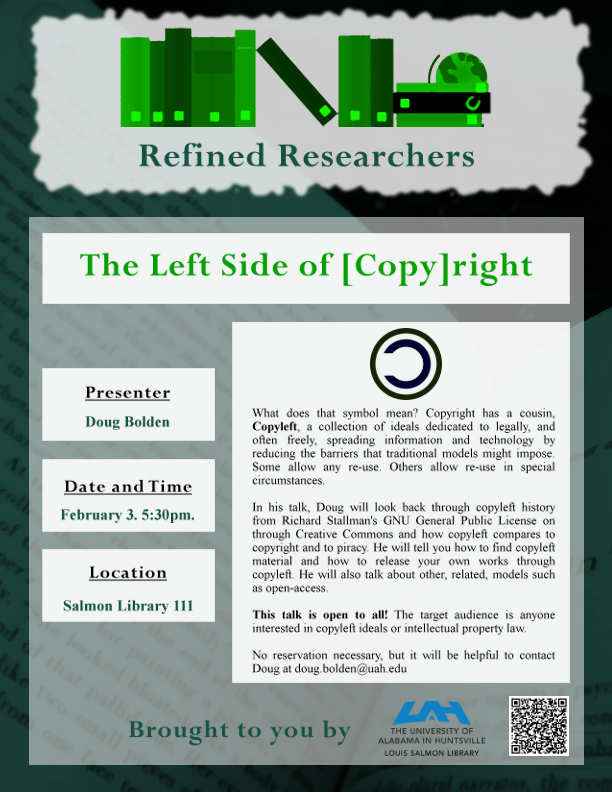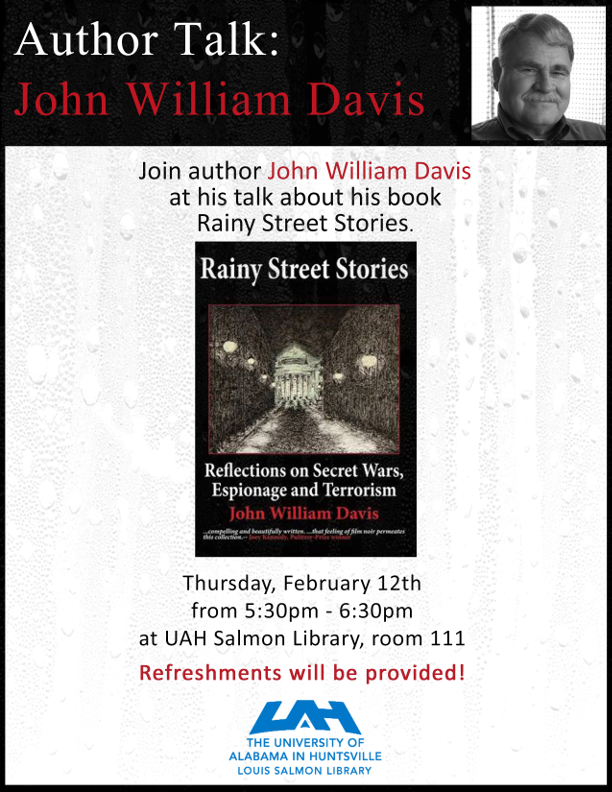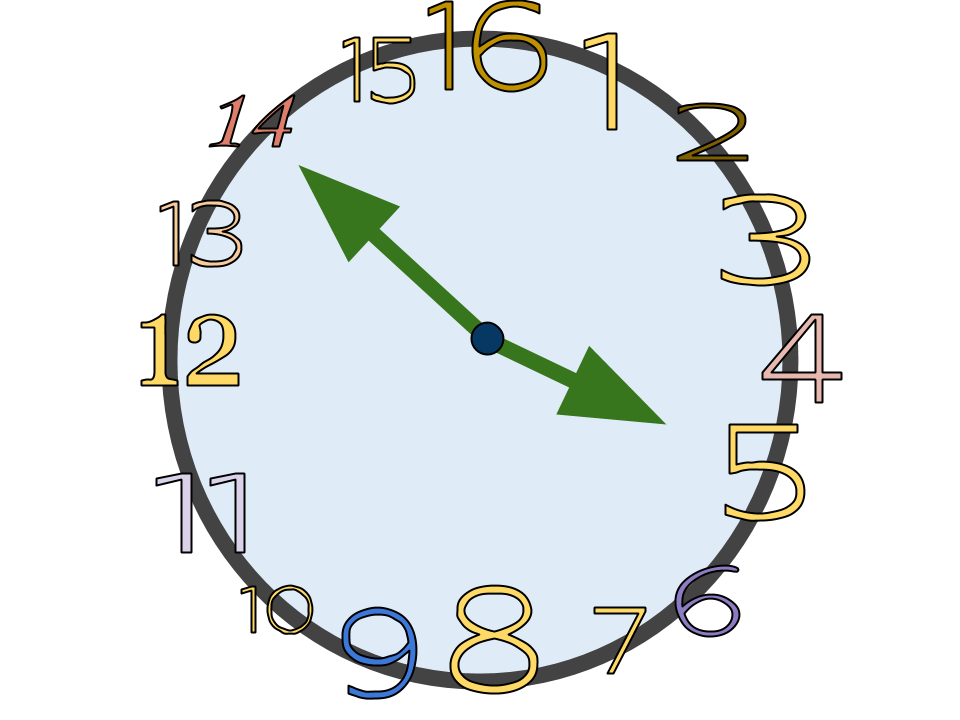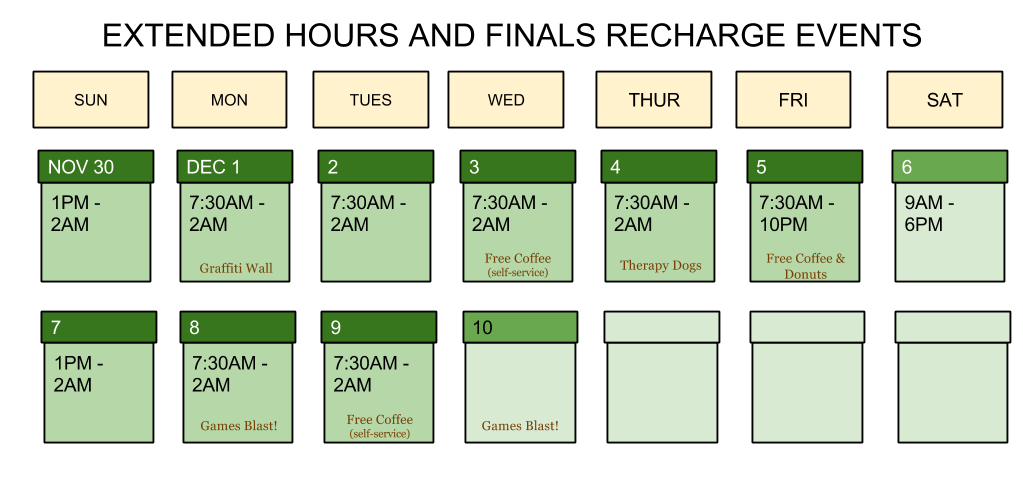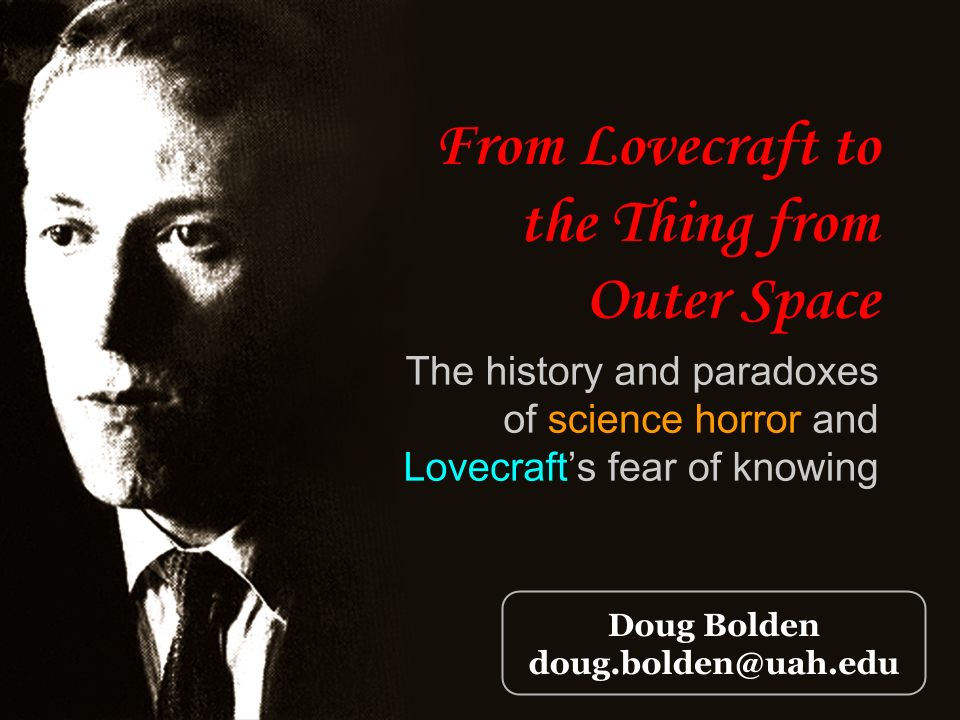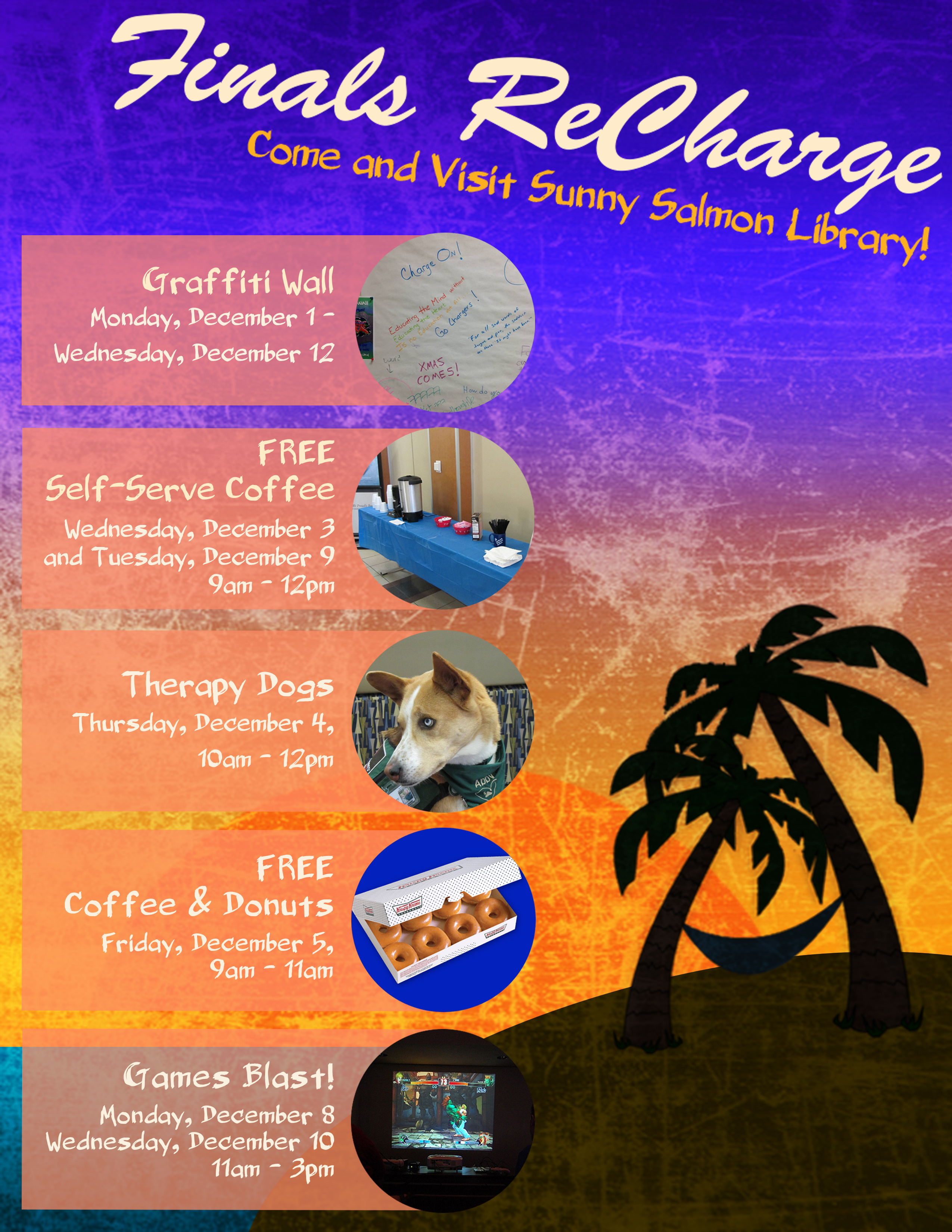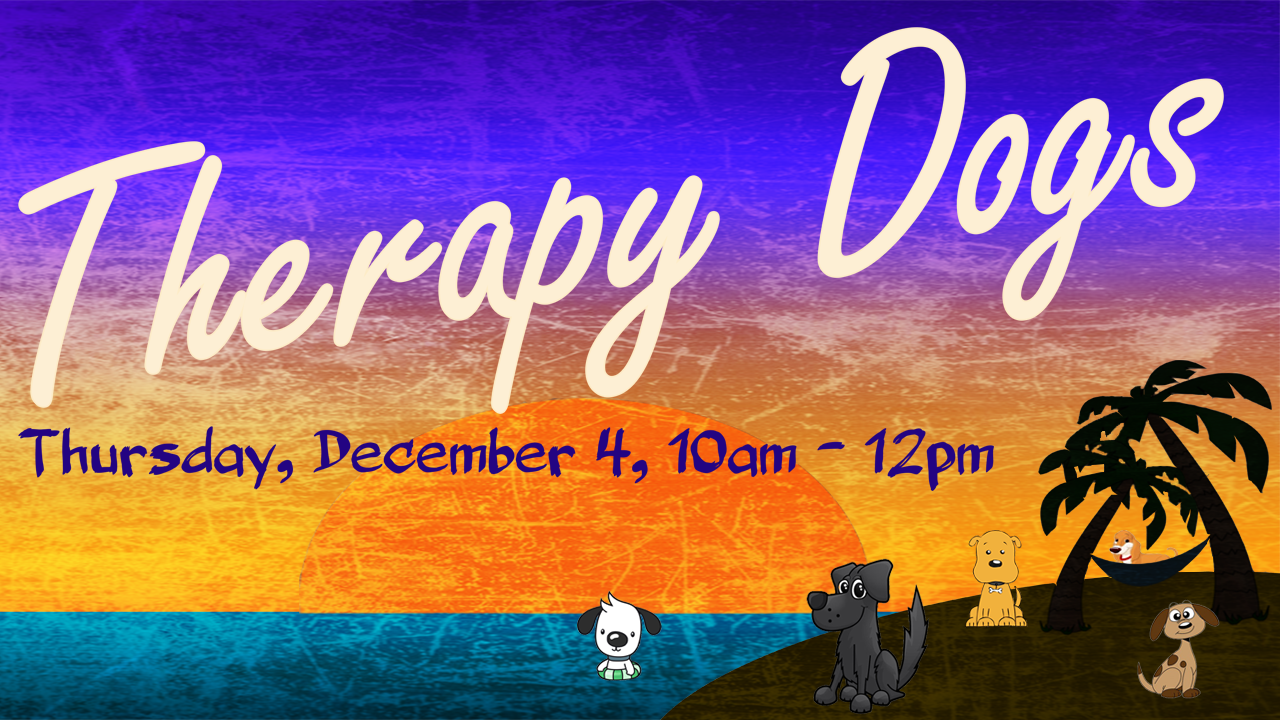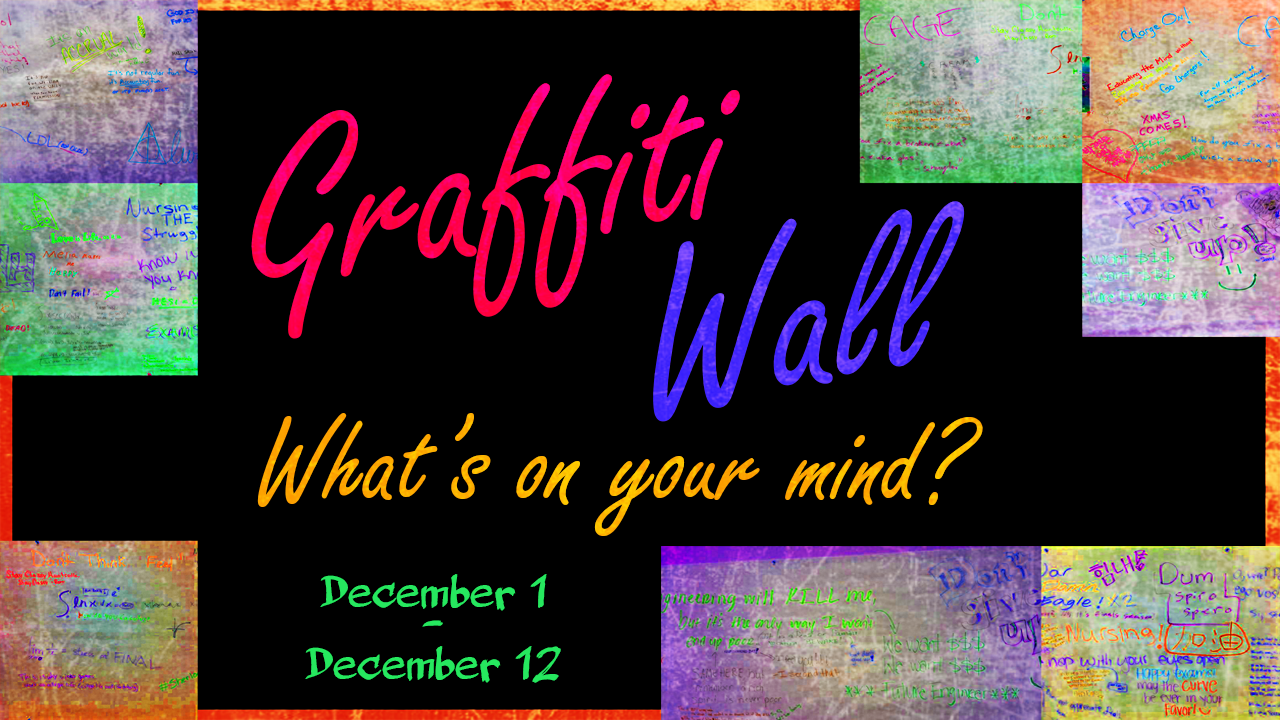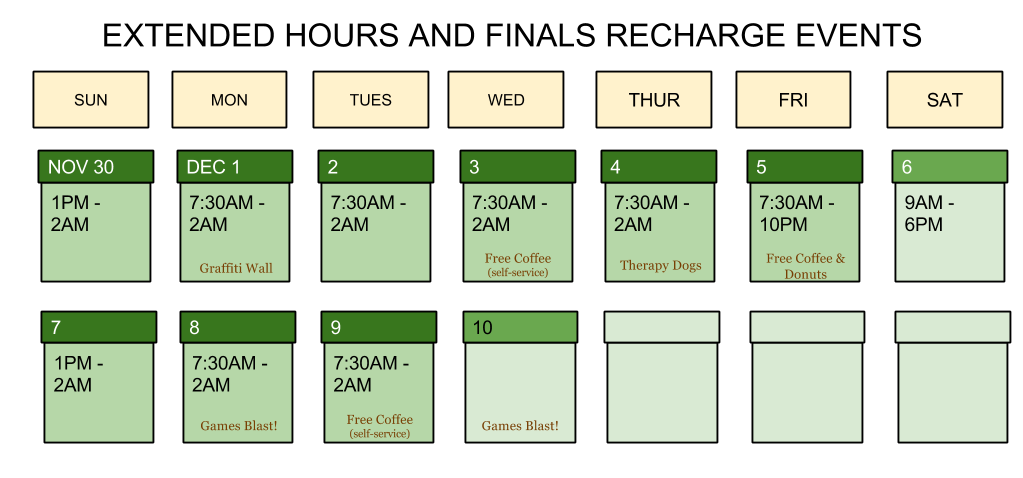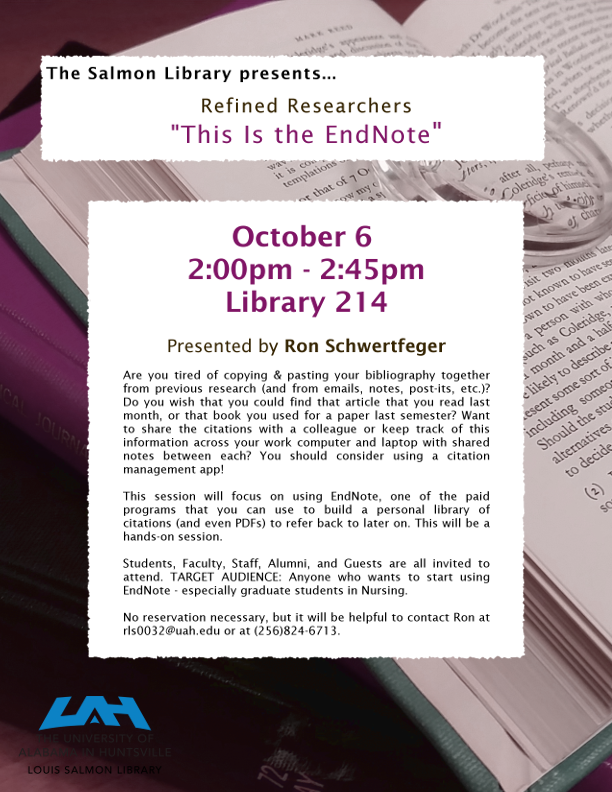As part of a new initiative, the Salmon Library will be hosting six workshops on a variety of topics throughout the Fall 2014 semester. The focus of the workshops is on information and using information, as well as the way information is observed and used and manipulate [in one], with a mixture of hands-on demonstrations and fun lectures. While I cannot guarantee that there will be no math, don’t worry about any pop-quizzes. These are entirely designed around you being able to relax and learn something useful.
These workshops are open to everyone: students, faculty, staff, alumni, and guests. No RSVP is required, but it can helpful to have a rough judge of potential headcount, so one is appreciated. You can either contact the individuals below, or the reference desk at {(256)824-6529 | erefq@uah.edu}. Also feel free to contact us if you have suggestions for future workshops (or would like to request a different time of day, we’re trying out a couple of time slots now but are game to expand this to more as it goes on).
The Workshops
As you can see, we have a range of workshop topics, with most of these initial six based on a mixture of requests we’ve received and personal interest.
The Mark of Zotero (event page)
September 10, 2:00pm-2:45pm. Library 214.
Ron Schwertfeger will guide you through using the free and useful Zotero citation management software in a hands-on workshop. Of special interest to those who have to handle a lot of references for a big project. Since Zotero is free, you can show up and learn about it and then be using it that very night.
The Classroom Copyright Caper (event page)
September 23, 5:30pm-6:30pm. Library 111.
Doug Bolden will talk about copyright and fair use and how they impact the classroom and the campus environment as a whole and where specific numbers rule the day versus general guidelines.
This Is the Endnote (event page)
October 6, 2:00pm-2:45pm. Library 214.
Ron Schwertfeger is back, this time looking at Endnote, one of the premier commercial citation management programs. He will talk about its many features—from sharing with other users, backing up data, and auto-importing information—and the free web version. Again, this one will be hands-on with practical training.
From Lovecraft to the Thing from Outer Space (event page)
October 21, 5:30pm-6:30pm. Library 111.Doug Bolden, in something a little different, is going to do an overview of science horror from the 20th century and the way that it took advantage of scientific advancement while painting science as ticking time bomb (often, literally), starting with pro-science but narratively anti-information H.P. Lovecraft, and moving forward.
We Need to Go Deeper (event page)
October 23, 2:00pm-2:45pm. Library 214.
Seth Porter will be teaching you how to find a wealth of free information about business and demographics using just a web-browser and publicly available sites, information already out there but somewhat hidden from casual searches.
OneSearch to Rule Them All (event page)
November 13, 2:00pm-2:45pm. Library 214.
Michael Manasco will finish off our first semester by looking at the OneSearch front end for Ebsco’s Discovery Service. He will show you to get the most out of it, with tips on advanced searching and Ebsco accounts and ebooks and getting primary sources and a whole toolbag of tricks.
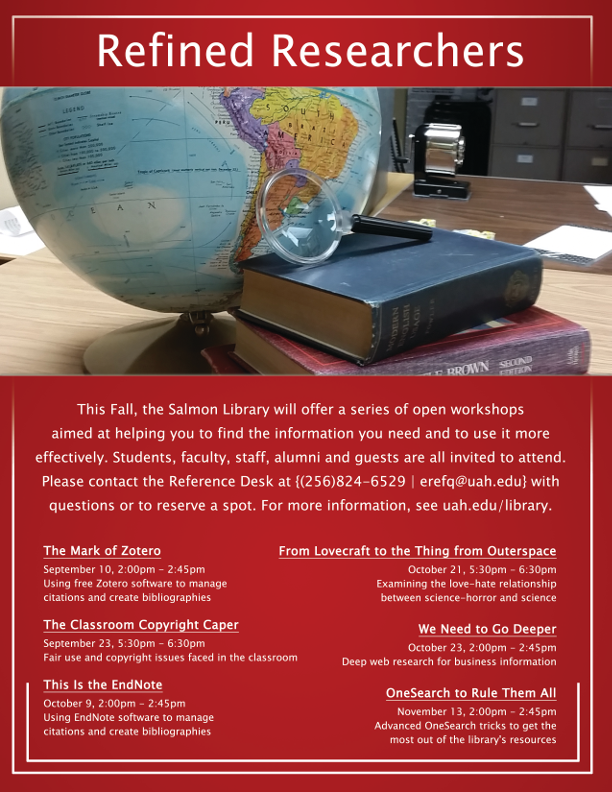
Special note: The original date of the EndNote session was October 9. It is now October 6.

![The Left Side of Copy[right] Screenshot opening shot for the talk, showing a circle and the title "Left Side of [Copy]right"](http://libsys.uah.edu/LibraryBlog/wordpress/wp-content/uploads/2015/02/LeftSideofCopyRight.png)
